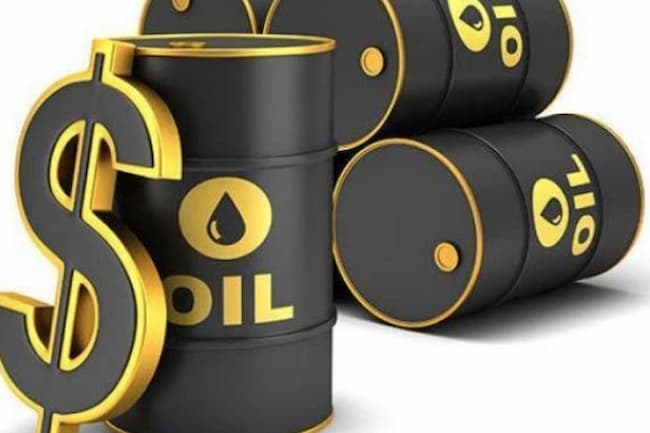The Federal Government declared on Friday that Nigeria’s oil and gas reserves have continued to grow, noting that the country’s hydrocarbons have increased.
The Nigerian Upstream Petroleum Regulatory Commission (NUPRC), a Federal Government department, announced on Friday that the country’s oil reserves have climbed by 0.136 billion barrels to 37.046 billion barrels as of January 31, 2022, according to figures issued in Abuja.
According to data given by the NUPRC, Nigeria’s gas reserves increased by 2.09 trillion cubic feet to 208.62 trillion cubic feet as of January 31, 2022.
Gbenga Komolafe, the Chief Executive of the NUPRC, said the declaration was made in accordance with Sections 7 I (j), (k), and (r) of the Petroleum Industry Act 2021.
According to him, the Act required all operating exploration and production businesses to submit an annual reserve report to the commission.
Komolafe said, “A total of 61 operating companies submitted their 2021 annual report on reserves in line with the provisions of the PIA, 2021.
“Analysis of the report indicates that the nation’s oil and condensate reserves status as at January 1, 2022, was 37.046 billion barrels representing a slight increase of 0.37 per cent compared to 36.91 billion barrels as of January 1, 2021.
“On the other hand, the national gas reserves status as of January 1, 2022 was 208.62 trillion cubic feet, representing an increase of 1.01 per cent compared to 206.53TCF as at January 1, 2021.”
Reserves of crude oil and gas (from 37 billion barrels and 208.62 TCF) necessitated careful evaluation of all variables impeding efficient and successful exploration and production.
He said the NUPRC has started a program to identify oil and gas wells that were producing below capacity by inventorizing shut-in wells and analyzing the inventory to figure out why they were shut down and design strategies to get them back online quickly.
The commission is also using well and reservoir surveillance activities to identify badly performing wells and work-over candidates for immediate intervention, according to Komolafe.
For unlocking certain identified trapped oil and gas deposits, he said the NUPRC was embracing and integrating new technology and sophisticated recovery procedures.
He went on to say that the conflict between Russia and Ukraine, as well as the resulting disruptions to the global gas demand-supply system, had given Nigeria a rare opportunity to close the gap by implementing a number of gas development projects.
To ensure compliance with Section 108 of the PIA and enhance supply to the fast developing gas market, he said the commission was now engaging all lessees on their Natural Gas Flare Elimination and Monetisation Plan.
“Furthermore, in the face of the global energy transition and the need for cleaner sources of energy, gas is being positioned as our immediate transition fuel to lower the nation’s carbon emission footprint in line with our climate change commitment,” Komolafe stated.
He continued, “Additionally, we are encouraging investors to leverage on the generous gas fiscal incentives in the PIA such as zero hydrocarbon tax, reduced royalty rates, tax consolidation provisions, among others, to take Final Investment Decisions on their proposed upstream projects.
“With a proven gas reserve base of 208.62TCF (as at January 1, 2022), we are on track to increase our reserves volumes to 220TCF in less than 10 years and 250TCF thereafter.”
The NUPRC boss noted that Nigeria was currently producing about 8BSCF/D of gas, out of which about 20 per cent was delivered to the domestic market, approximately 40 per cent exported to international markets, and 30 per cent utilised for producer’s internal consumption, and the excess gas was flared.














